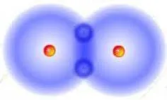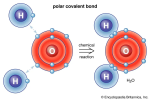The good news is you don't need to understand ANY of this to get great training sessions and see fantastic results.
If I were to summarize this for a HS class, I might try and say that lactate used to be called lactic acid and was thought to cause "the burn" and be bad, and now we understand that lactate is a great fuel that does not cause "the burn" (which seems to be caused by Hydrogen generated separately from lactate) or DOMS/delayed onset-muscle soreness (which seems to be caused by micro-trauma to the muscle fibers).
Training recommendations ... train easy, train hard, train medium. Have fun.
Also, for those interested in a very readable read, our good friend Dr. Robergs has a great open-access article:


